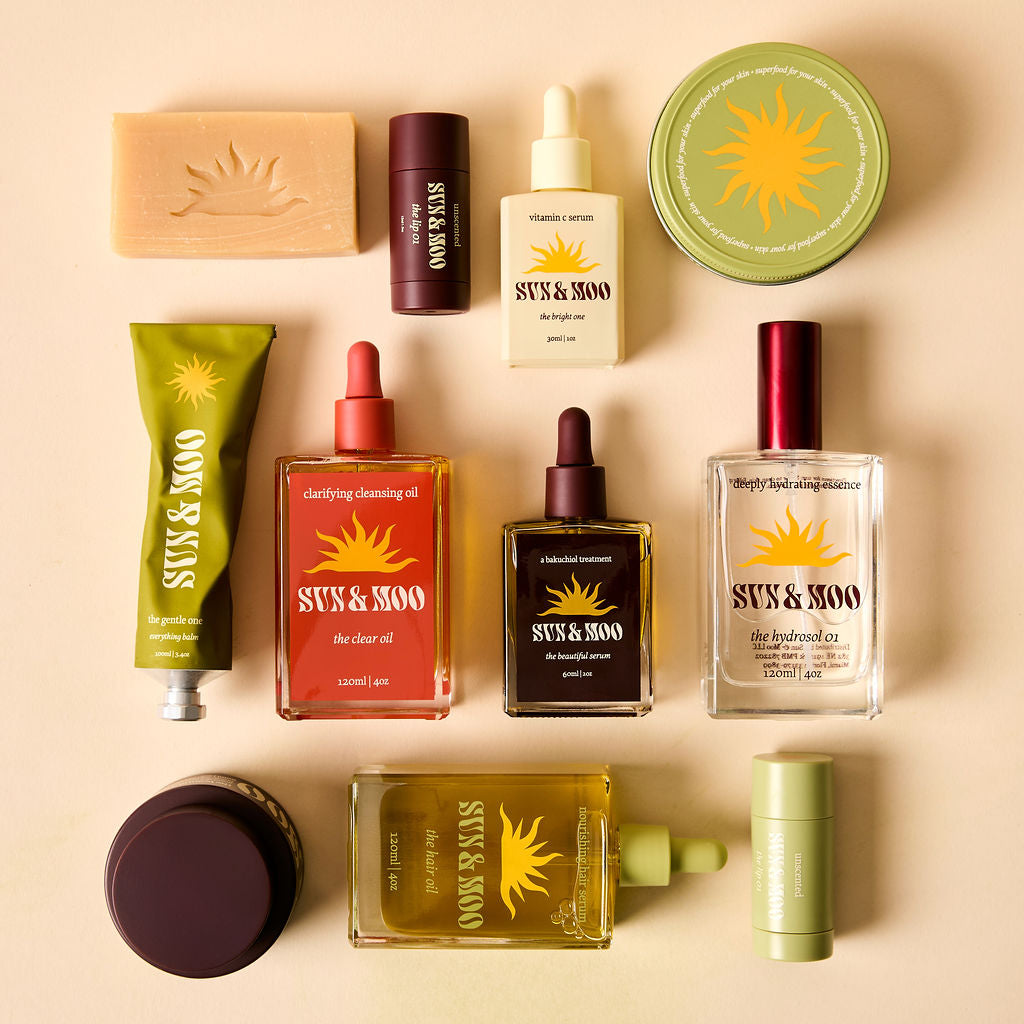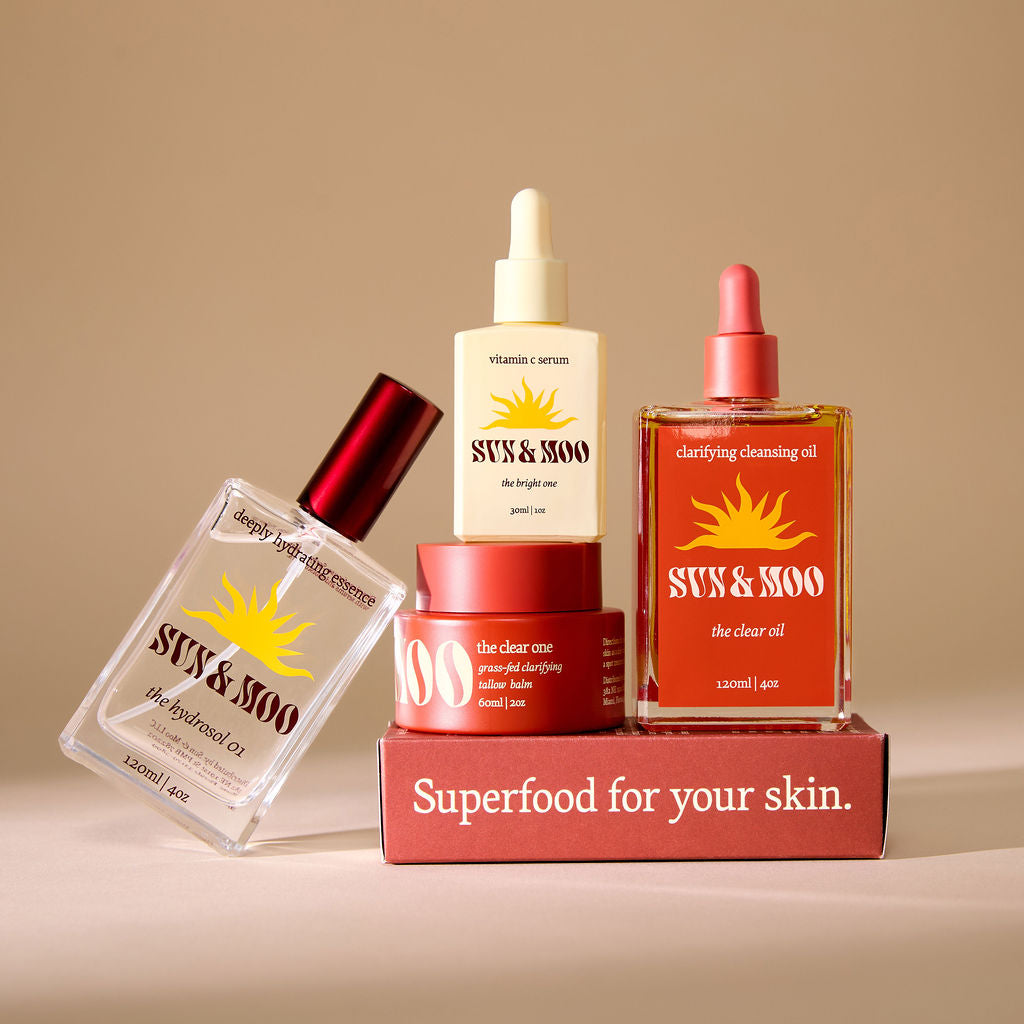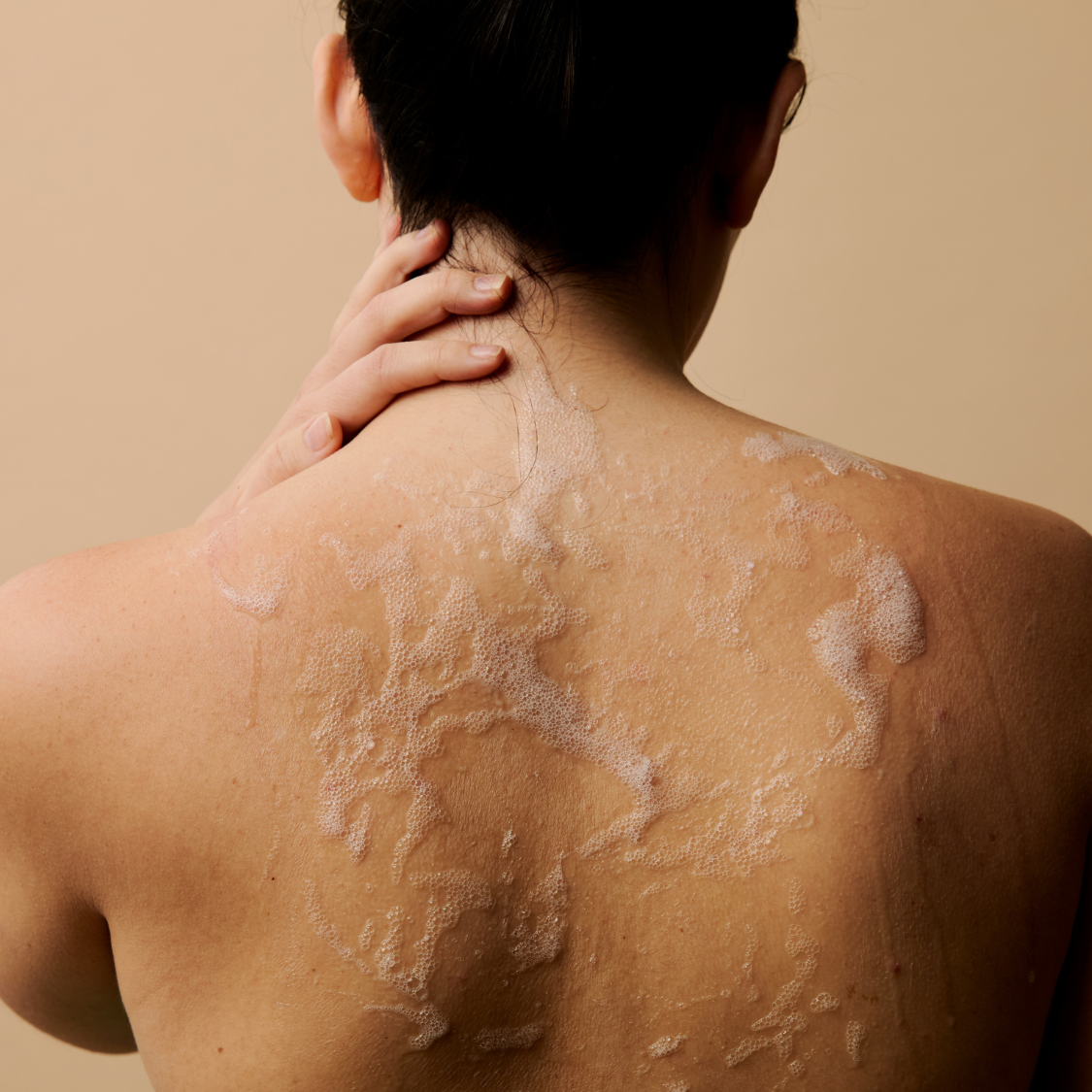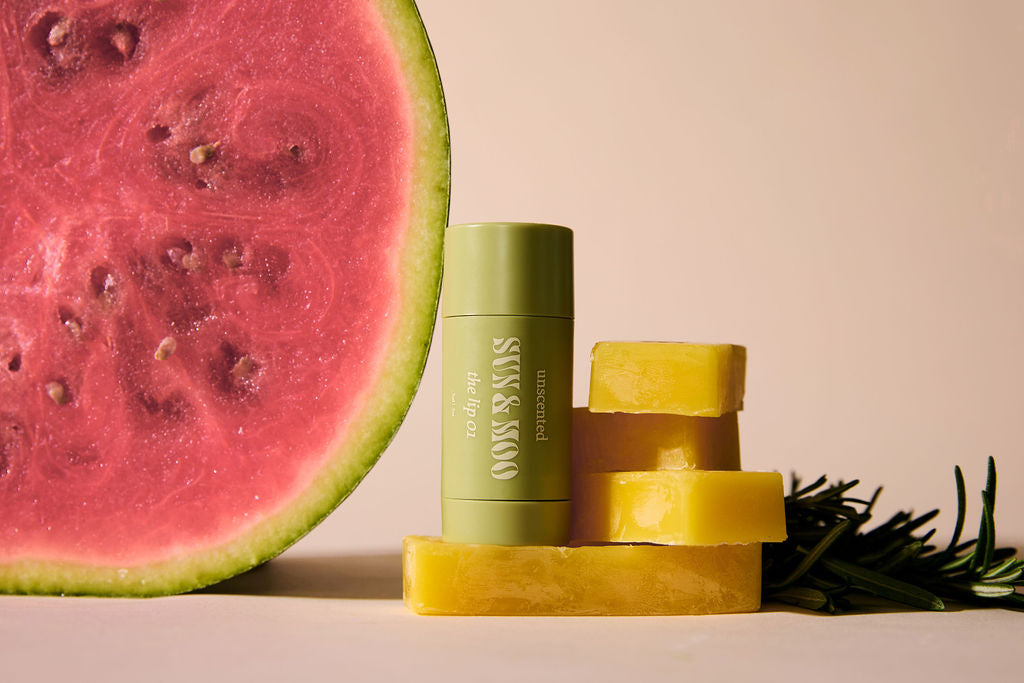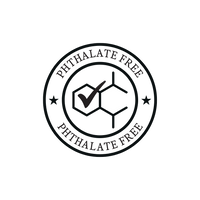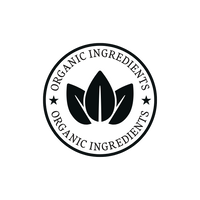Timeless Wisdom, Naturally Inspired
At Sun & Moo, we draw on ancestral traditions and nature's gifts to create products that truly nurture and transform. By embracing the knowledge of generations past, we craft skincare rooted in what’s proven to work—honoring the balance between time-tested practices and the simplicity of natural, animal-based ingredients. It’s about connecting to what sustains, what endures, and what brings lasting care to your daily routine.

